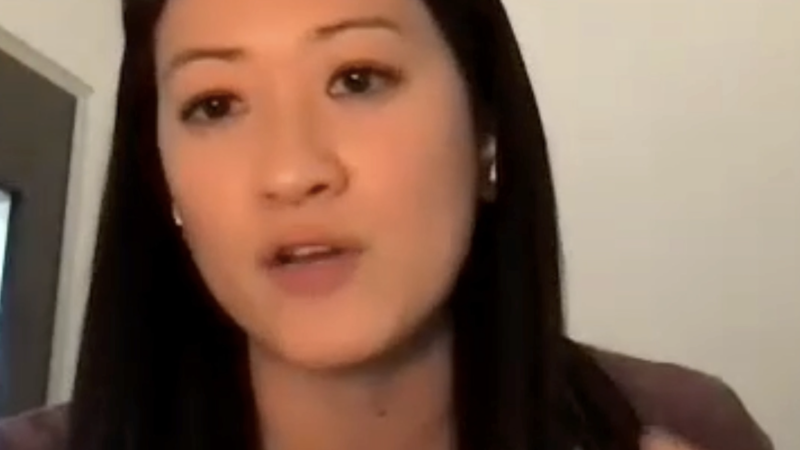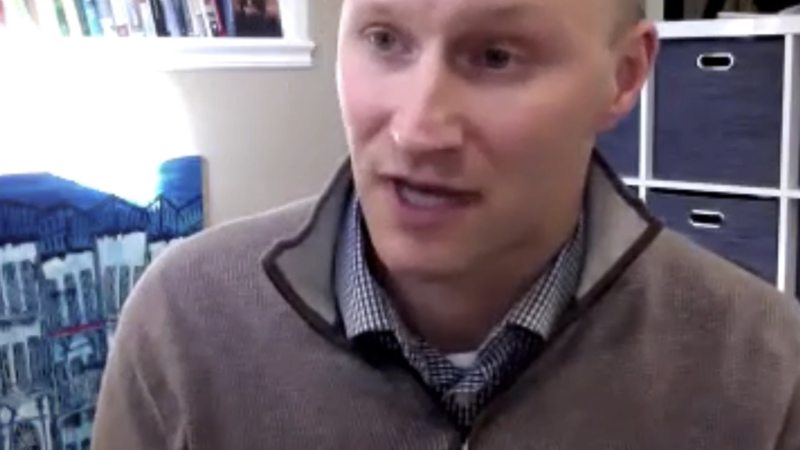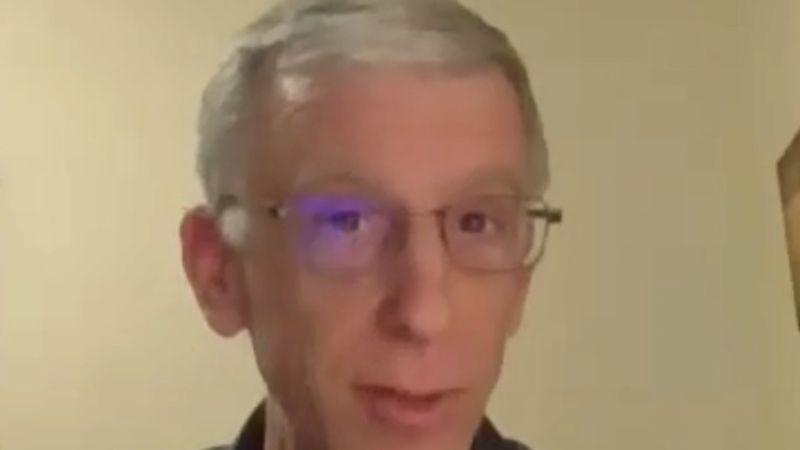Ask Me Anything Live Event Recap: An Introduction to Competency-Based Learning
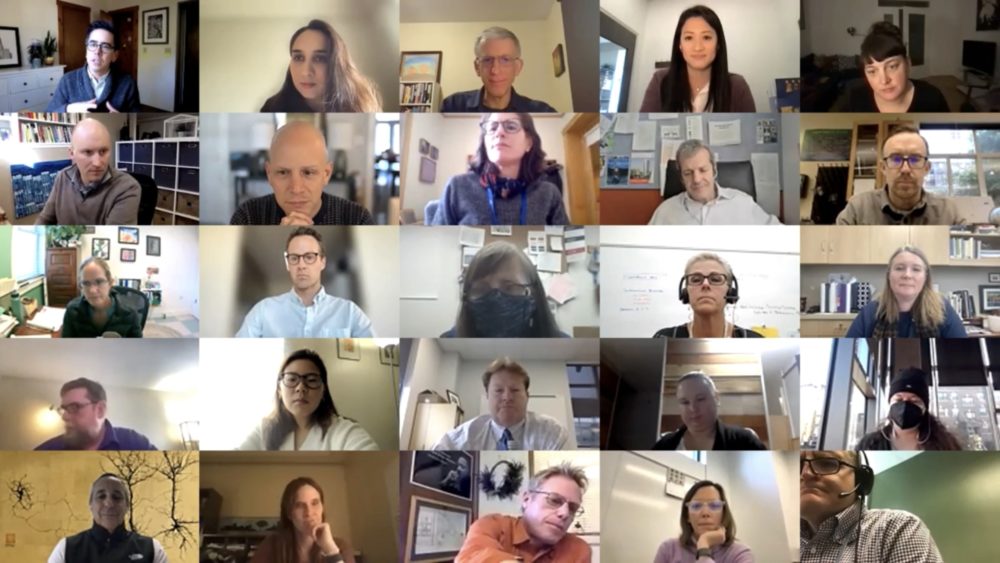
On January 27, 2022, GOA held an online panel discussion as part of the Ask Me Anything live event series. Facilitated by Eric Hudson, Director of Learning and Design at GOA, the event featured an expert panel that discussed competency-based learning: what it is, why it matters, and how to begin working towards it. Joining Eric on the panel included Amy Choi, Upper School Learning Architect at Mount Vernon School, and Teacher and Coach at GOA; Jason Cummings, Director of Student Programs at GOA; Jessica Gould, Teacher at Frankfurt International School and Teacher and Coach at GOA; and Eliot Levine, Research Director at Aurora Institute. Watch the full event recording here or continue reading for an event summary with short video highlights.
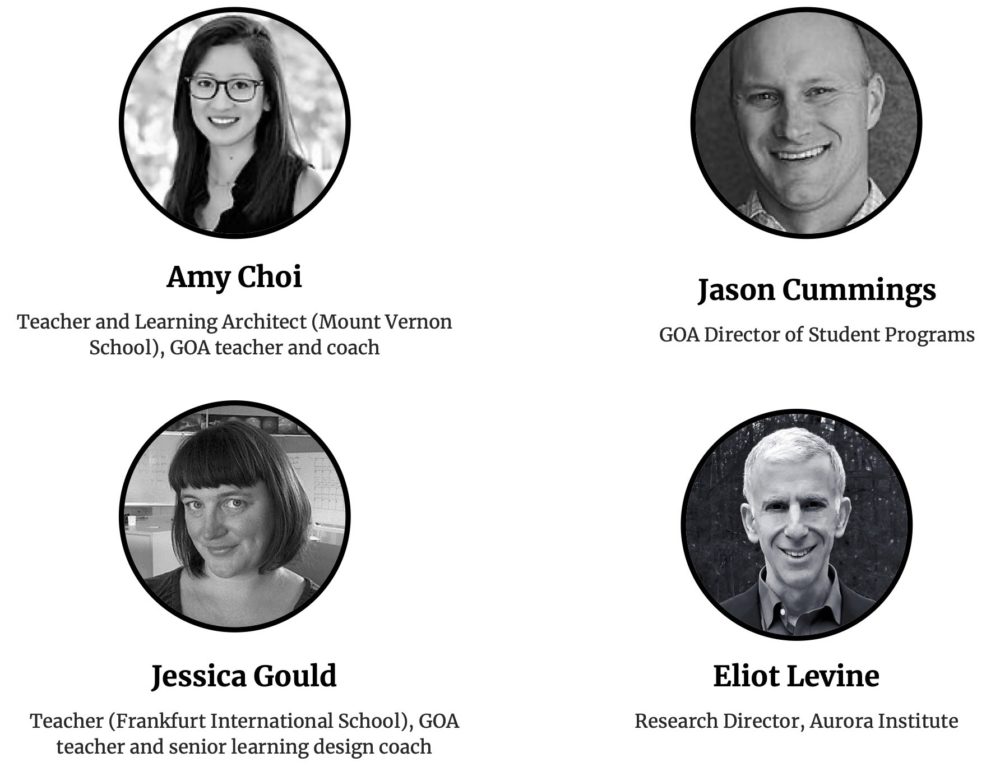
Panelists - Ask Me Anything Event: An Introduction to Competency-Based Learning
Eric Hudson, Director of Learning and Design at GOA, began the event by introducing the panelists and providing a high-level overview of competency-based learning (CBL). He explained how GOA defines CBL as a system that aims to mirror how people learn, work, and succeed in the world. GOA has adopted CBL in pursuit of three outcomes for students:
Agency: Fluency in relevant content developed through cognitively complex work that mirrors the work of professionals in the field and where students make important decisions.
Equity: Learners see themselves as doing work that matters to them and to their learning. They feel empowered and known through that connection.
Transfer: Learners are learning in order to create something new, not just transmit knowledge.
Eric also shared the seven primary elements of competency-based education as defined by the Aurora Institute before introducing Eliot Levine to offer additional background information on the history of CBL and the research that led to its definition and key elements.
Eliot Levine, Research Director at Aurora Institute, continued the conversation and shared how the Aurora Institute’s definition of competency-based education came from a national summit held in 2011, which brought together over a hundred leaders in the education field to discuss the key components to CBL. He highlighted how schools in many countries are now more aware of and making transitions to CBL, referencing some early innovators in the United States, including Alaska’s Chugach District and the first Big Picture Learning school, Rhode Island’s The Met.
Eliot mentioned that more schools have been able to adopt CBL in part due to policy changes that make it possible for school districts to give credit based on mastery rather than seat time. He noted that three terms are used interchangeably for CBL: competency-based, mastery-based, and proficiency-based. The term used typically depends on the history and previous policies of school districts, with most new initiatives using the term competency-based. Eliot also shared how a more significant number of organizations, like GOA and the Aurora Institute, are helping schools in their transition, providing resources and professional training. After Eliot’s crash course on the history of CBL, Eric shared some of the common questions around CBL and invited the panelists to share their experiences and insights.
Discussion Highlights
What does competency-based learning look like in practice?
What does competency-based learning look like in practice?
Why should my school pursue a competency-based approach?
Why should my school pursue a competency-based approach?
How does competency-based learning impact time for teachers and students?
How does competency-based learning impact time for teachers and students?
Competency-based learning: Where do I begin?
Competency-based learning: Where do I begin?
Learn more about competency-based learning:
An Introduction to Competency-Based Learning: What, Why, How
Learning Loss: Why We Need Competency-Based Learning Now More Than Ever
We invite you to join our next free, live conversation! GOA is hosting an upcoming Zoom event, “Ask Me Anything: How Do We Rethink Time and Space?” on March 23rd at 2pm ET. Register here to join the discussion.



